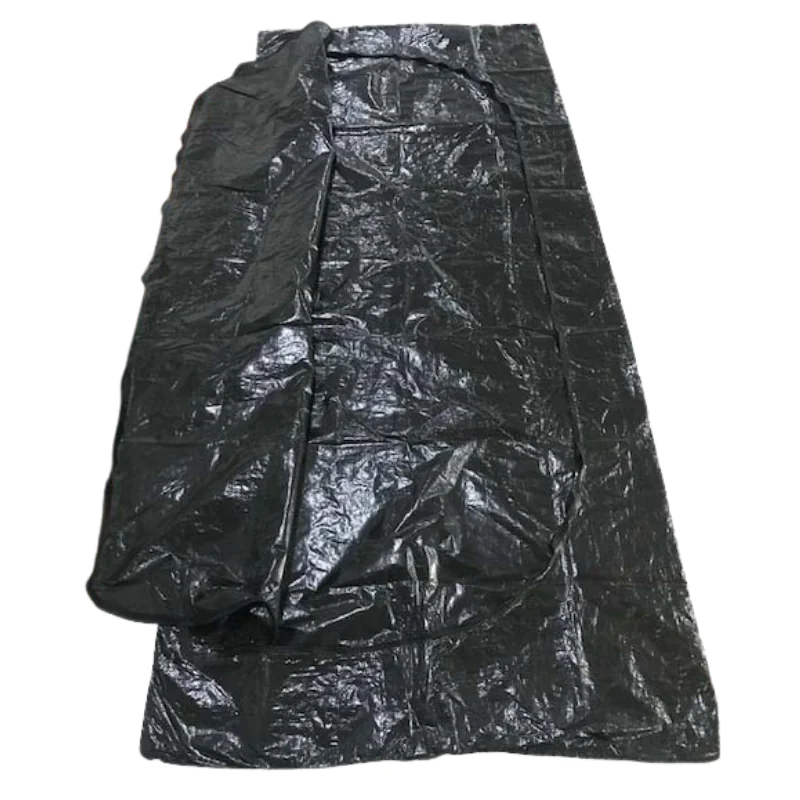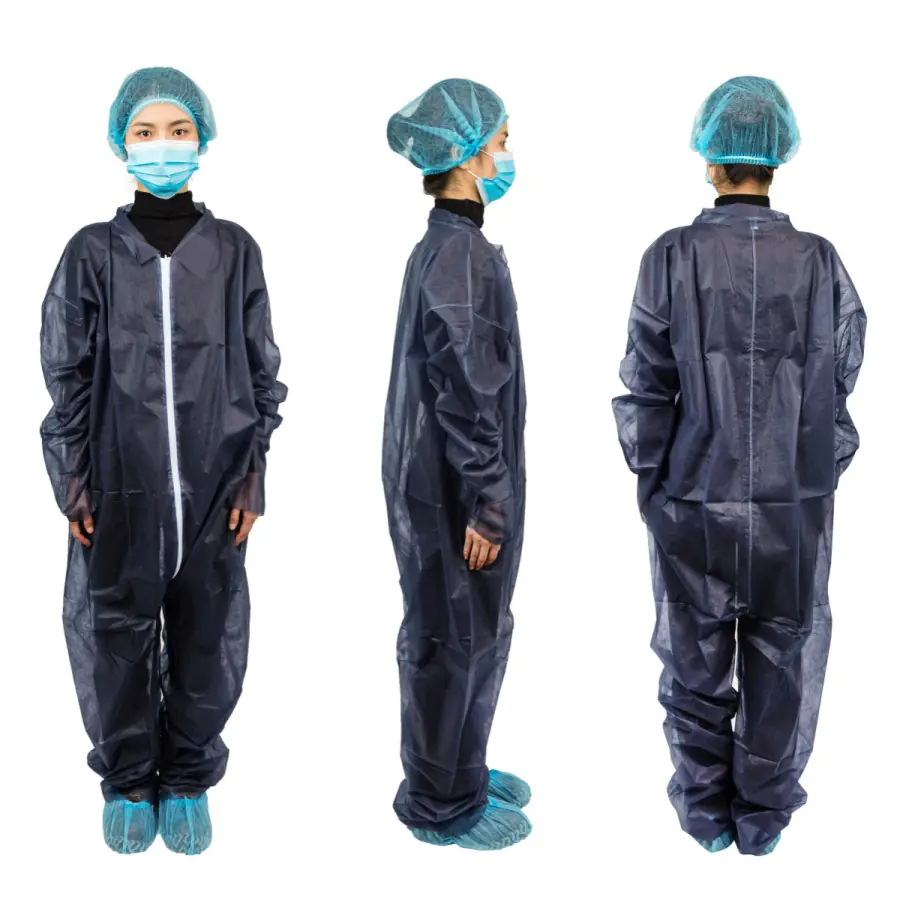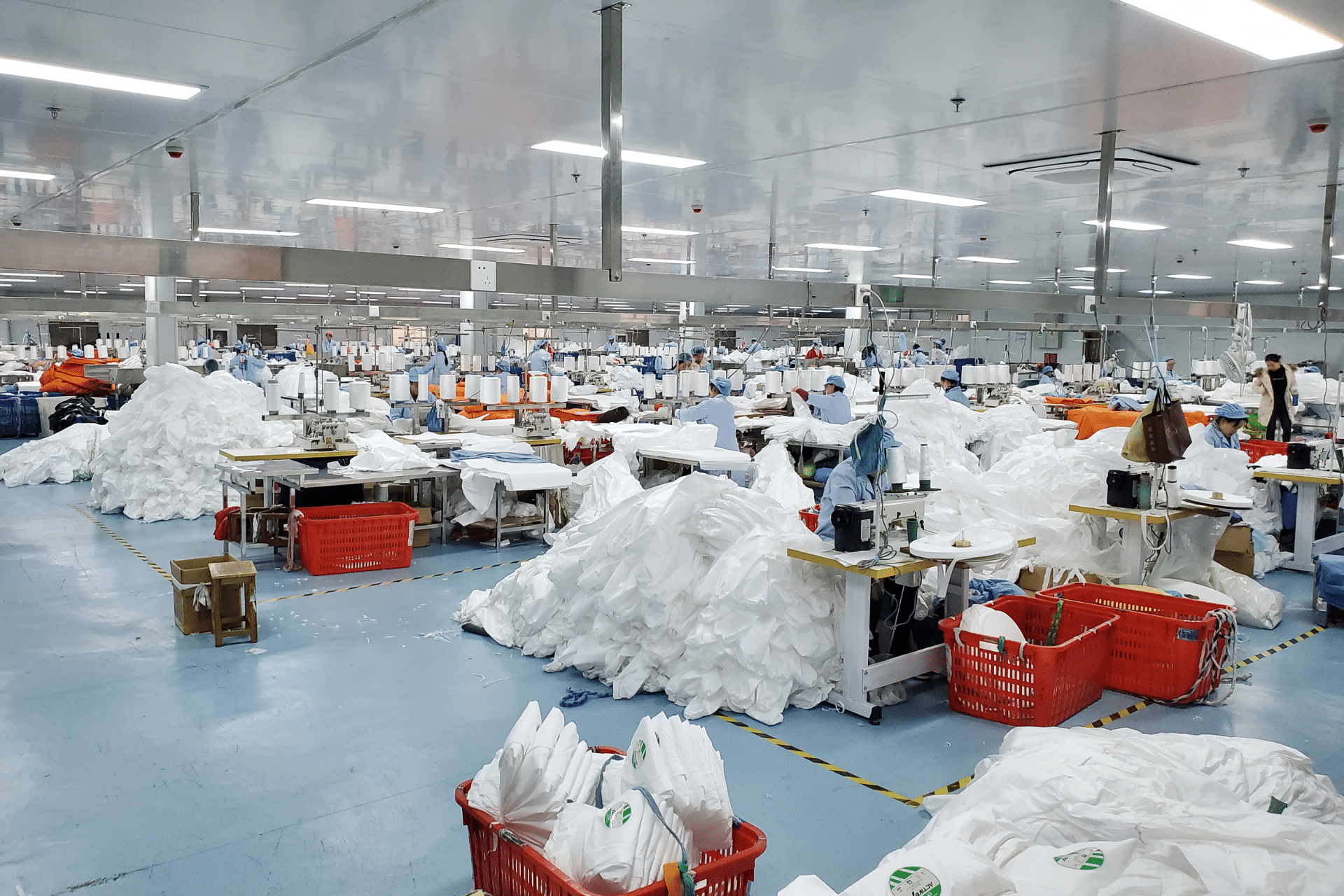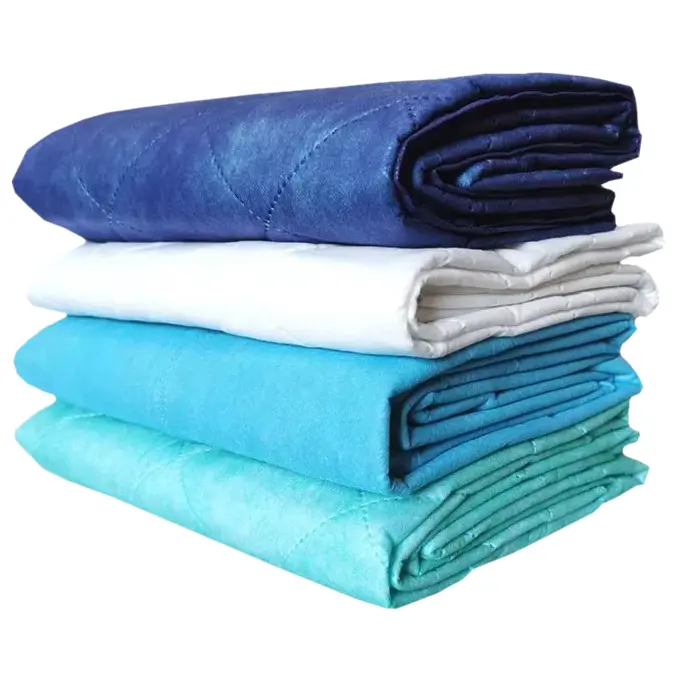Introduction
In the food industry, disposable gloves serve as a crucial barrier against contamination and a key compliance tool for meeting stringent hygiene regulations. Their use extends beyond simple hand protection, playing a vital role in maintaining food safety and quality. Understanding the role of disposable gloves in this context is essential for businesses aiming to uphold the highest standards of food safety.
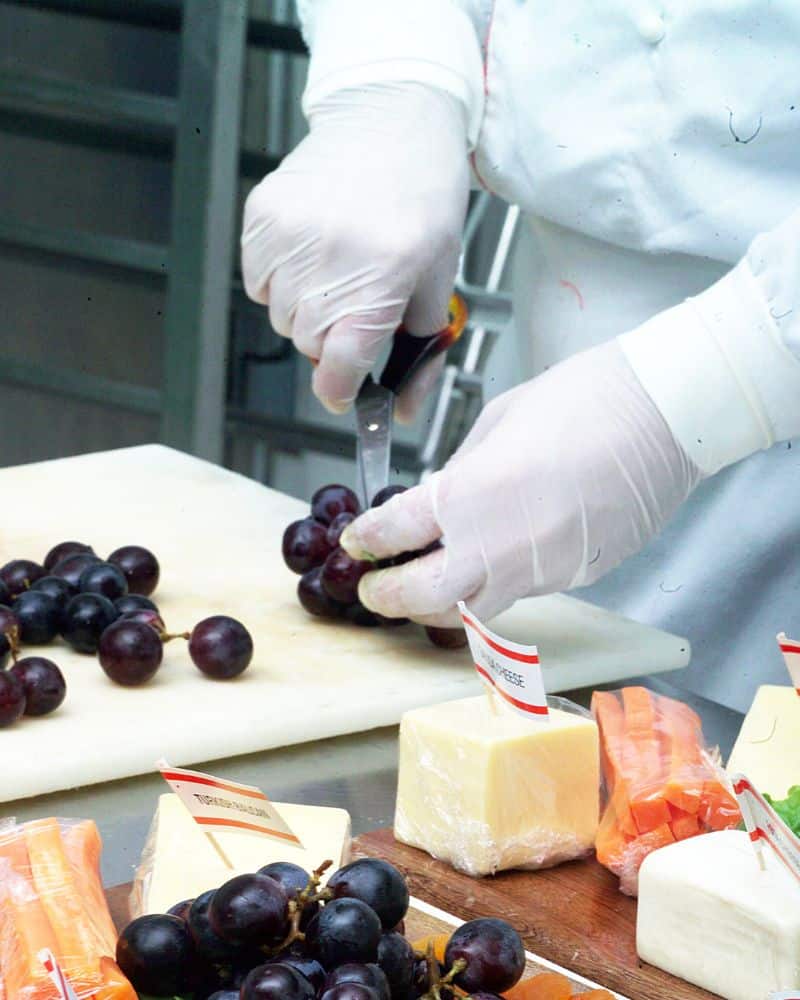
Understanding Food Industry Regulations
- National and International Standards Food industry standards vary globally, but all aim to ensure food safety and consumer protection. These standards, which include guidelines on personal protective equipment such as disposable gloves, are crucial in minimizing the risk of foodborne illnesses and ensuring consistent quality.
- Key Regulations Affecting the Food Industry Regulations like the FDA’s Food Safety Modernization Act and the European Union’s General Food Law outline stringent requirements. These laws dictate practices for food handling and emphasize the importance of using disposable gloves to prevent contamination.
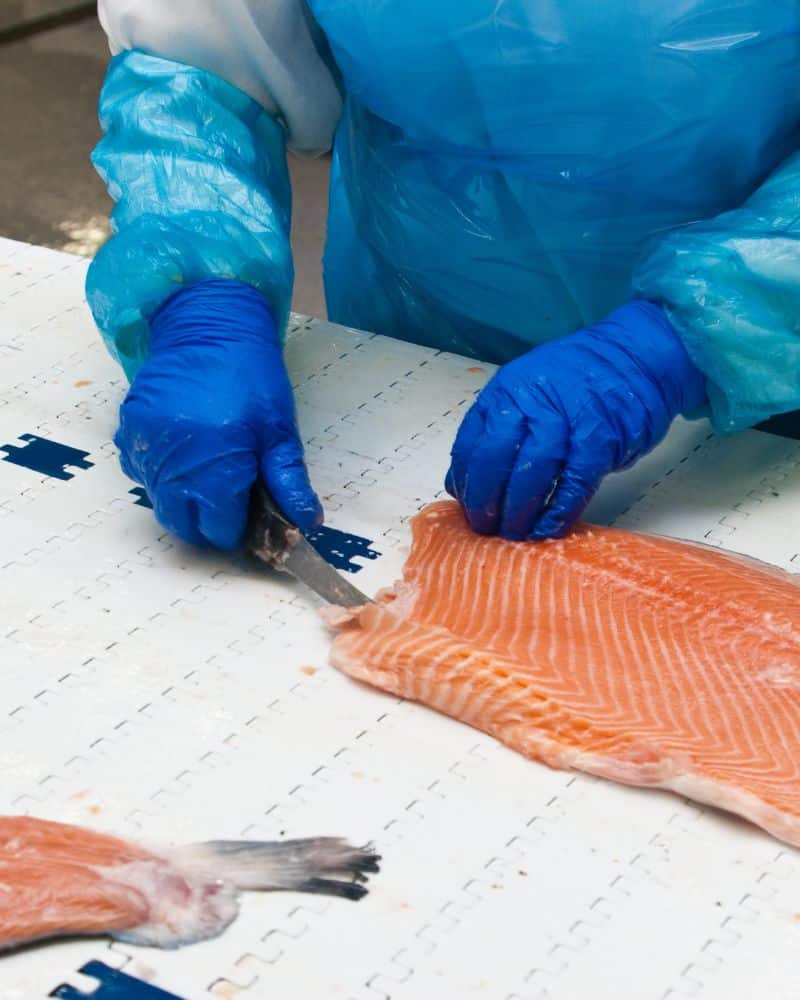
The Critical Role of Disposable Gloves in Food Safety
- Preventing Cross-Contamination Cross-contamination is a major concern in the food industry. Disposable gloves act as a barrier, preventing harmful bacteria and viruses from transferring between different food items, surfaces, and individuals.
- Enhancing Hygiene Practices Gloves complement other hygiene practices by providing an additional layer of protection. This not only safeguards the food but also protects workers from potential exposure to harmful substances.
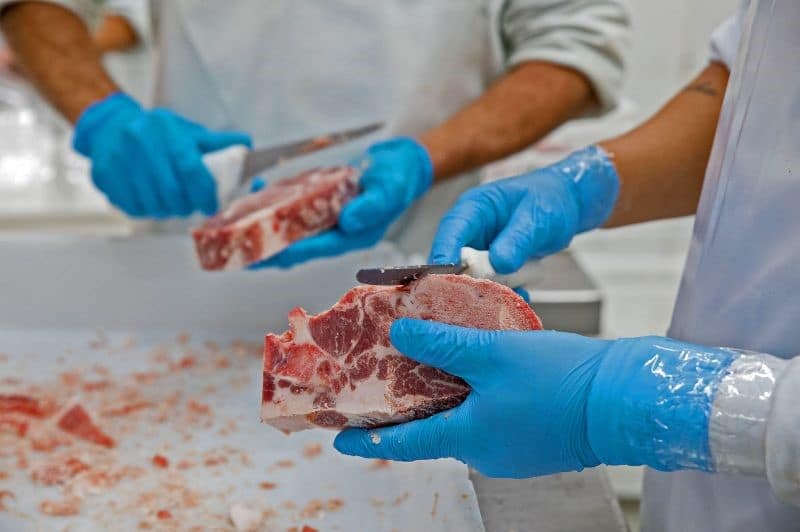
Types of Disposable Gloves Used in the Food Industry
- Latex, Nitrile, and Vinyl Gloves The choice between latex, nitrile, and vinyl gloves depends on various factors including allergy considerations, durability, and sensitivity needs. Each material offers unique benefits suited to different food handling tasks.
- Factors Influencing Glove Choice When selecting gloves, businesses must consider factors like potential allergic reactions, the gloves’ resistance to punctures and chemicals, and their suitability for different food types.

Proper Usage and Disposal of Gloves
- Best Practices for Glove Usage Proper usage of disposable gloves is crucial for their effectiveness. This includes changing gloves regularly, especially when switching between different food types, and ensuring hands are clean before putting gloves on.
- Environmental Considerations and Disposal The environmental impact of disposable gloves is increasingly a concern. Businesses are encouraged to adopt responsible disposal practices and consider environmentally friendly options, such as biodegradable gloves.
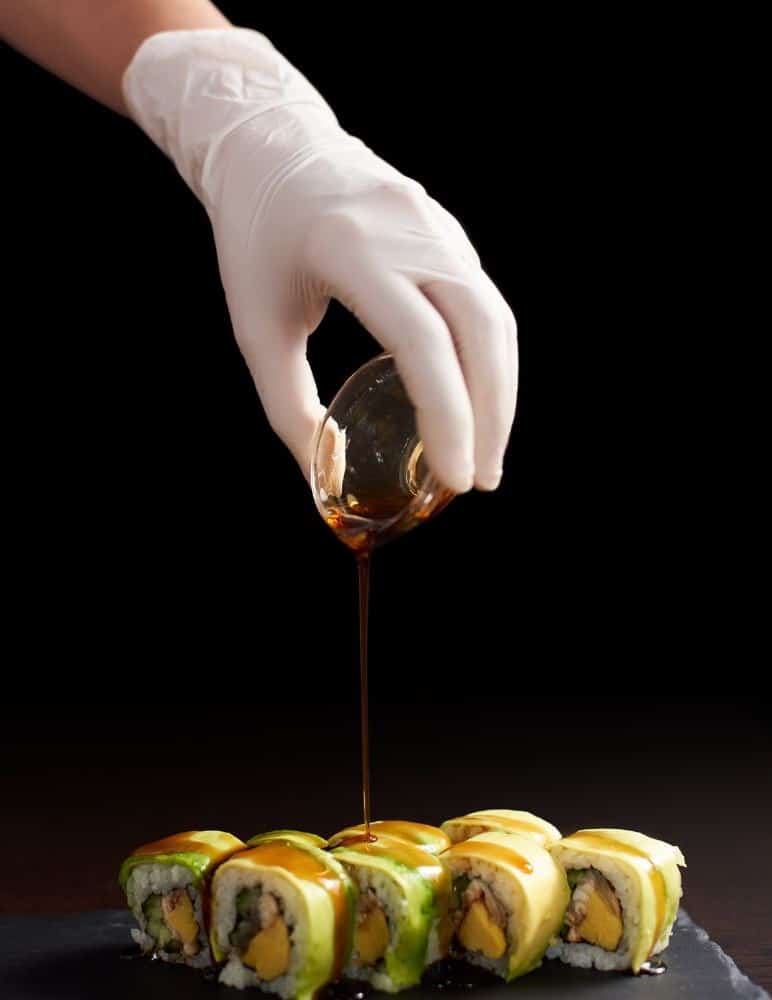
Training and Education for Food Industry Workers
- Importance of Training in Glove Usage Effective training in the correct use of disposable gloves is essential. It ensures that staff understand the importance of gloves in maintaining food hygiene and how to use them properly.
- Implementing Effective Training Programs Training programs should be comprehensive, covering topics like the correct selection of gloves, proper donning and doffing techniques, and understanding the limitations of gloves in terms of durability and protection levels.
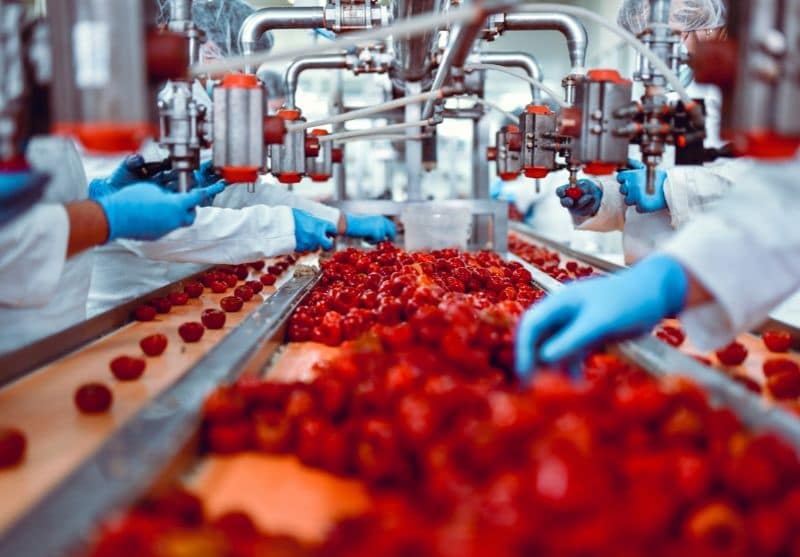
Compliance Challenges and Solutions
- Common Compliance Issues The food industry often faces challenges in maintaining consistent compliance, particularly in high-turnover environments where training and awareness may vary.
- Strategies to Ensure Regulatory Compliance To overcome these challenges, businesses should implement regular training, stay abreast of regulatory updates, and conduct frequent compliance audits.
Innovations in Glove Technology and Sustainability
- Advancements in Glove Materials Technological advancements have led to the development of more durable, comfortable, and safe glove materials, enhancing the protection they offer.
- Eco-friendly Alternatives The industry is witnessing a shift towards sustainable practices, with a growing interest in eco-friendly disposable gloves that reduce environmental impact without compromising safety.
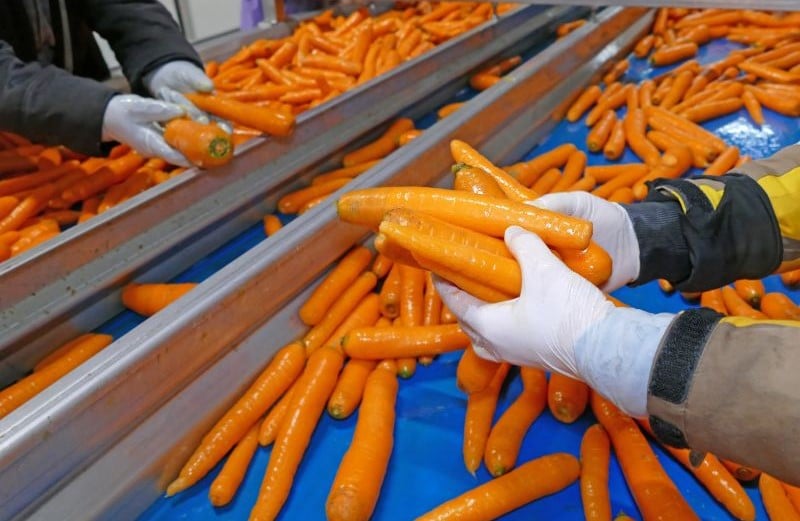
Navigating the Global Supply Chain for Disposable Gloves
- Supplier Selection and Evaluation Selecting the right suppliers is critical for ensuring glove quality and reliability. It’s important to evaluate suppliers based on their product quality, compliance with regulations, and ethical manufacturing practices.
- Managing Supply Chain Disruptions Businesses must have strategies to manage supply chain disruptions, such as maintaining diversified supplier relationships and keeping an adequate stock of gloves to prevent shortages.
Conclusion
Disposable gloves are a fundamental component in the food industry’s compliance with health and safety regulations. As the industry evolves, so does the technology and materials used in glove production, leading to improved safety, comfort, and environmental sustainability. Businesses must stay informed and adaptable to maintain high standards of food safety and regulatory compliance.
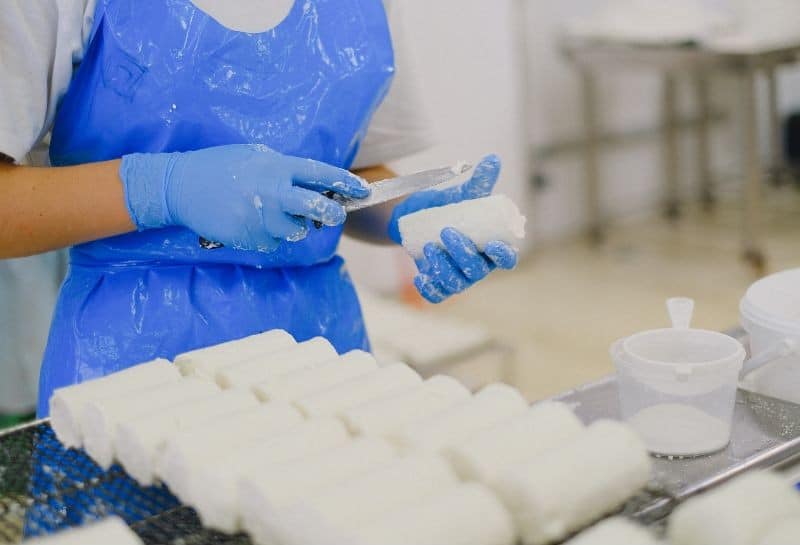
FAQs
- What types of disposable gloves are most commonly used in the food industry? In the food industry, the most commonly used disposable gloves are made from latex, nitrile, and vinyl. Latex gloves are known for their elasticity and comfort but can cause allergic reactions in some individuals. Nitrile gloves are durable, resistant to punctures, and free from latex, making them a safe choice for those with allergies. Vinyl gloves are a cost-effective option, suitable for short-duration tasks that involve minimal stress on the glove.
- How do disposable gloves help prevent cross-contamination in food handling? Disposable gloves act as a physical barrier between the wearer’s hands and the food, thereby reducing the risk of transferring pathogens, allergens, or other contaminants from the hands to the food. They are particularly essential when handling raw ingredients or switching between different types of food, as they help prevent the spread of bacteria and other contaminants.
- What are some key factors to consider when choosing disposable gloves for food service? When selecting disposable gloves for food service, consider material suitability (latex, nitrile, or vinyl), glove size for proper fit, durability for specific tasks, and any potential allergy issues (especially with latex). It’s also important to consider the glove’s tactile sensitivity and whether it’s approved for food contact by relevant health and safety regulatory bodies.
- How can businesses ensure they are complying with regulations regarding disposable glove use? To ensure compliance, businesses should stay updated with local and international food safety regulations. They should also implement training programs for staff on the proper use and disposal of disposable gloves, conduct regular hygiene audits, and ensure that the gloves used meet the standards set by food safety authorities.
- Are there environmentally friendly alternatives to traditional disposable gloves, and what are their benefits? Yes, there are environmentally friendly alternatives to traditional disposable gloves, such as biodegradable gloves made from plant-based materials. These gloves decompose much faster than traditional plastics, reducing environmental impact. While they offer similar levels of protection and hygiene as conventional gloves, their use supports sustainability and reduces the carbon footprint of food service operations.


